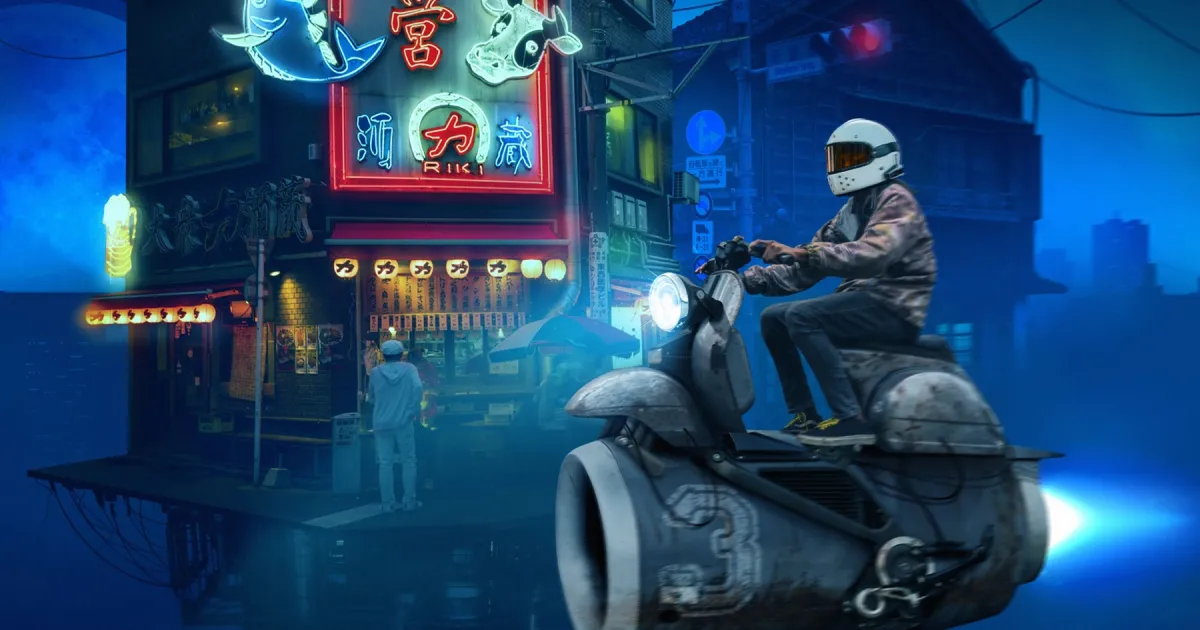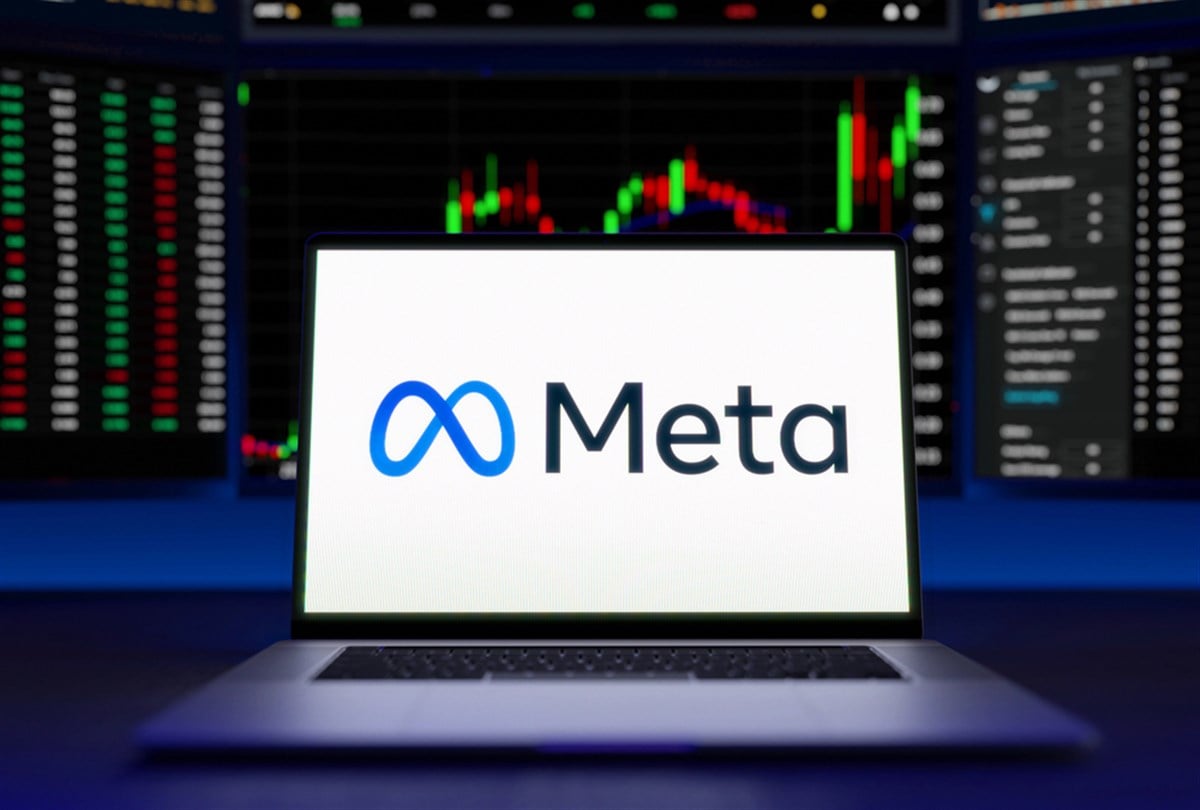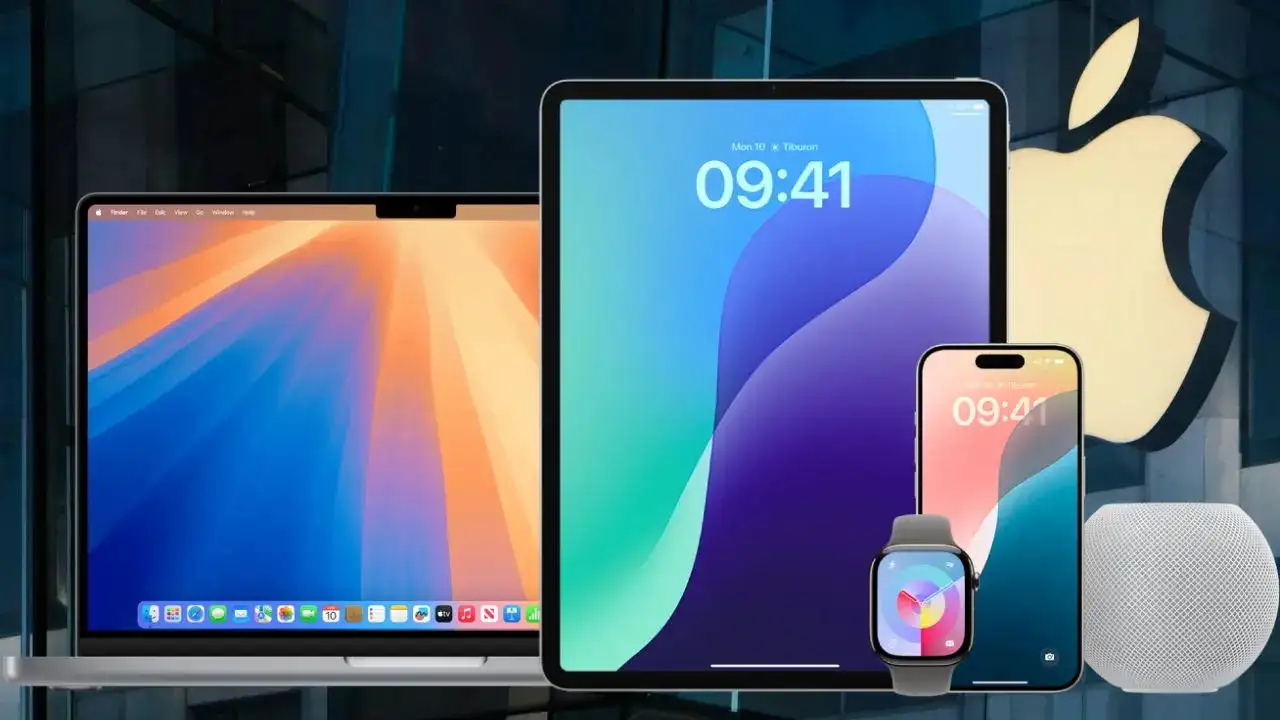Copyright Digital Trends

What’s happened? Artificial intelligence is moving into pretty much every industry, and the games business might be next for a major shake-up. Already, AI tools are helping boost frame rates and assist in development tasks, but now the vision is moving toward entire games being generated by AI systems. This isn’t just speculation: earlier this year, Electronic Arts announced a partnership with Stability AI to explore AI-powered content creation, suggesting the shift may come sooner than we think. Adding fuel to the fire, Razer CEO Min-Liang Tan said on CNBC’s podcast that AI could “completely disrupt everything” in gaming. That too, not in some distant future, but potentially within two years. Tan highlighted how AI tools are already being used for development and testing tasks, and predicts the next leap will be full game creation via AI. According to a survey by Game Developer, developers are now roughly four times more likely to believe generative AI will lower game quality than they were a year ago. Some studios have emphasized that they are not replacing creative teams with AI, but just using it for specific roles such as text-to-speech or asset generation. Why this is important: The prospect of AI generating games at scale isn’t just about faster production, but it also alters the economics and creative foundation of the industry. On one side, developers and studios could use AI to automate repetitive tasks, reduce lead times, and cut costs, which is the upside that Tan emphasises. On the flip side, though, such automation may reduce the need for writers, artists, QA testers & designers, shifting job roles and industry structure. At the creative level, many gaming industry veterans argue that while AI can generate assets, it cannot replicate human spontaneity, artistic intent, or those “happy accidents” that make games memorable. From the consumer side, there is risk of oversaturation: if more studios rely on AI to push titles out rapidly, we could end up with a flood of games that feel formulaic, bug-prone, or shallow — undermining player trust and reducing meaningful innovation. Recommended Videos Why should I care? If you play video games, whether casually or competitively, the rise of AI-generated development could reshape what you play, how often new titles arrive, and how much studios invest in human creativity. Faster release cycles and cheaper production might bring more games to market, but it also raises real questions about quality, originality, and the future of the people who make the games you love. AI-generated titles may flood the market, changing expectations around price, release pace, and game longevity. Human-crafted games could become “premium experiences”, while AI-heavy output becomes the new baseline. The industry workforce may shift dramatically, with fewer traditional dev roles and more hybrid/AI-supervision work. Okay, so what’s next? For now, the industry seems to be in a testing phase rather than a full-scale shift. Studios are experimenting with AI to speed up routine tasks, assist QA, and prototype ideas faster, while keeping core creative decisions in human hands. Many developers are openly cautious, stressing that narrative design, world-building, and emotional depth still depend on people, not models. At the same time, early examples of fully AI-generated gameplay floating around social media show how far the technology has to go, with bizarre physics, broken logic, and jumbled assets. As such, the path ahead looks more like gradual integration than an overnight takeover: AI will likely continue as a support tool, helping teams build faster and fix bugs sooner, while publishers and regulators sort out questions around copyrights, credits, and transparency. For now, AI-assisted development is real, but AI-directed game production is still more concept than reality.



